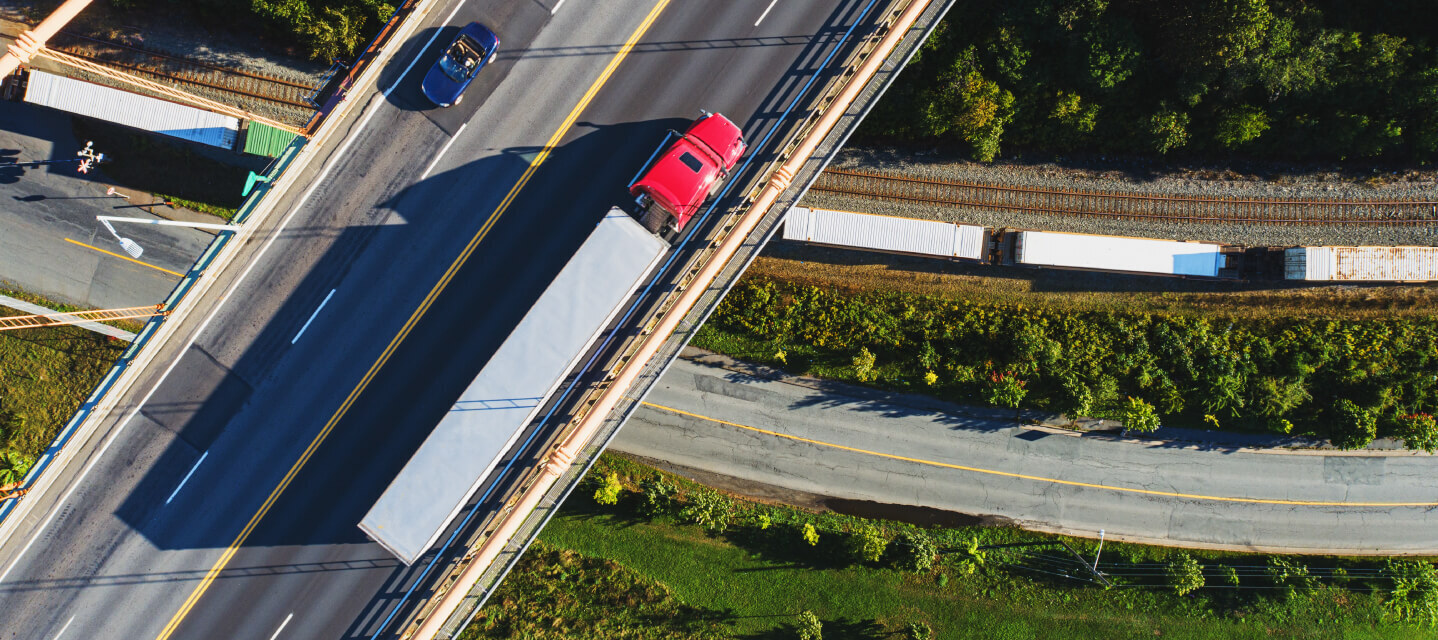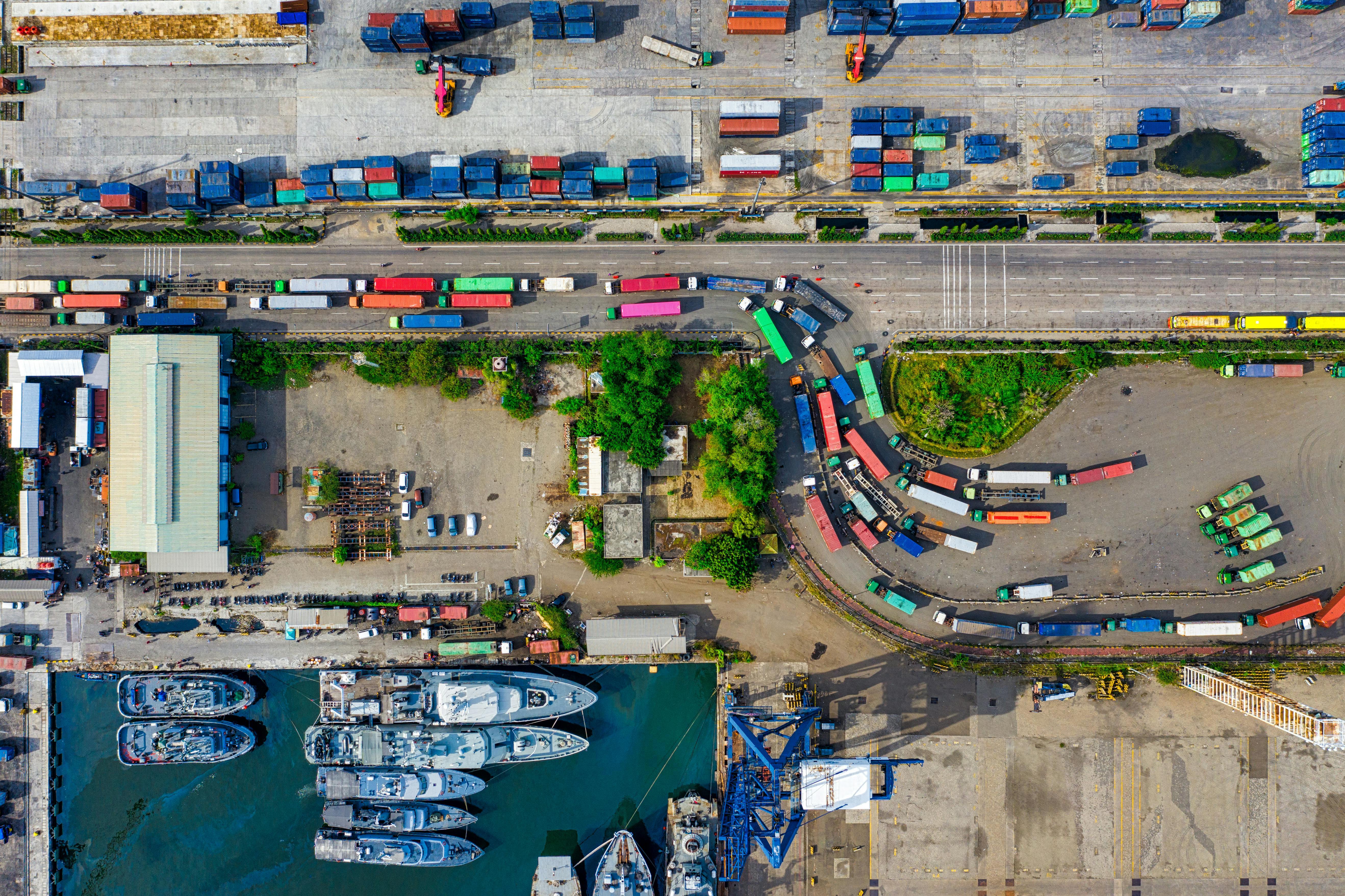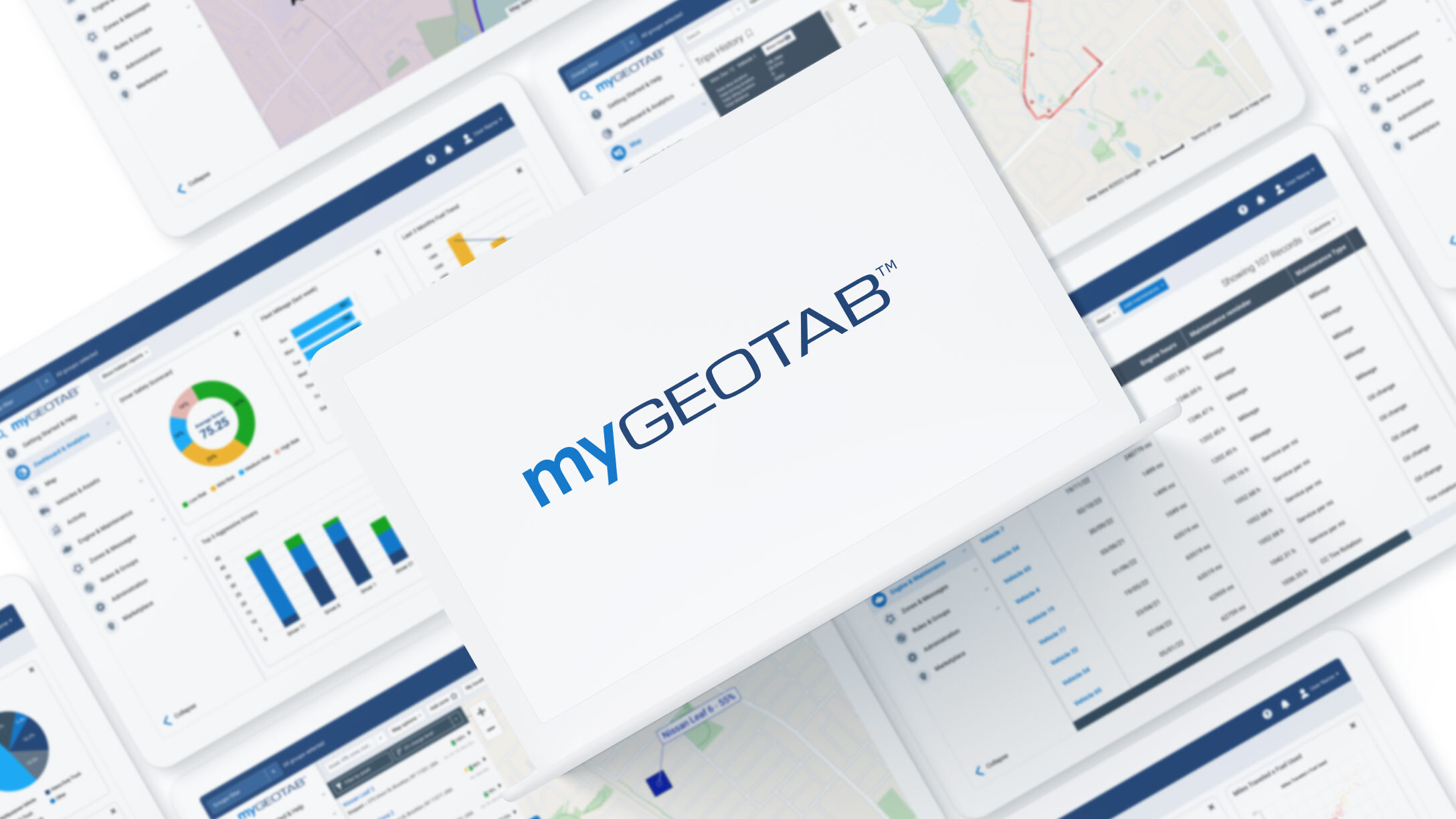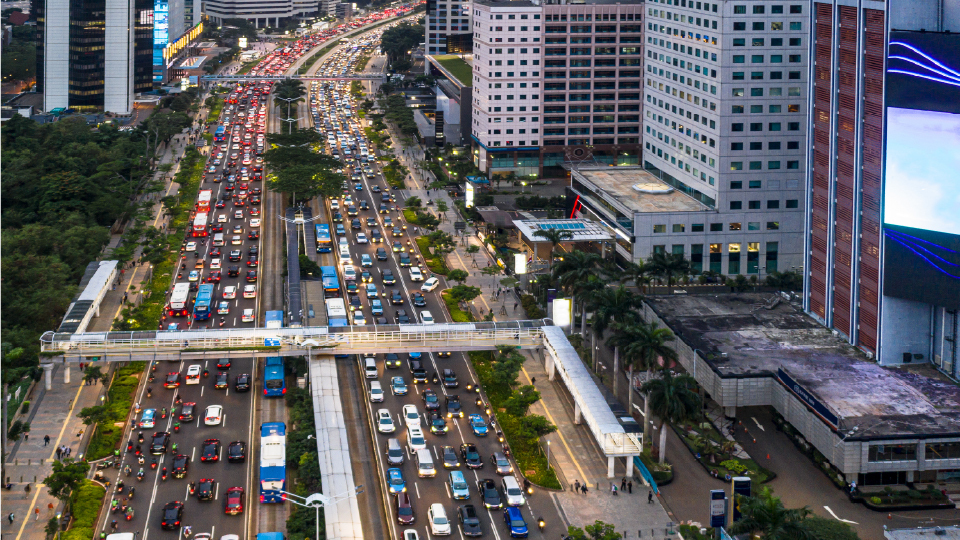Driving the Future of Fleet Management in the Philippines
Explore how technology, data, and proactive maintenance are transforming the freight and logistics market in the Philippines.

By Tina Tan
Oct 21, 2025
.jpeg)
Key Insights
Market Growth: The freight and logistics market in the Philippines is projected to reach USD 15.26 billion in 2025, driven by the last-mile delivery boom and government modernisation efforts. The fleet management market is predicted to grow at a 13.91% CAGR from 2025 to 2032 due to the increasing need for technology.
Technology's Role: Technology is now a necessity for smart growth as operational costs rise and supply chains become more complex. Solutions such as GNSS, AI, and IoT are crucial for a digitised, data-driven, and sustainable future for Philippine fleets.
Geotab Solutions: Geotab showcased solutions for fuel management and fleet maintenance. These systems address the challenges of fluctuating fuel prices, driver behaviour, and the need to reduce unplanned downtime for repairs. The average vehicle in the Philippines is over 15 years old, which contributes to wear and tear.
Fleet Insights: According to Jared Ching, Geotab Business Development Manager APAC, rising fuel costs, high maintenance burdens, and safety concerns are the top challenges for the Philippine market. Data-driven insights can lead to improved bottom lines and enhanced customer experience.
Proactive Fleet Management: Data can be used for proactive fleet maintenance to prevent breakdowns, optimise fuel efficiency by identifying idling hotspots, and improve safety through driver monitoring and real-time alerts.
From September 17-19, the Transport & Logistics Philippines event offered a glimpse into the future of the nation's fleet sector. This year's event highlighted a clear message: the Philippines fleet sector is on the edge of significant transformation. Here are four key takeaways that truly resonated with me:
1. The Philippines Fleet Sector: A Market in Motion
It’s no secret that the Philippines' last-mile delivery boom is reshaping everything, and the fleet transportation sector is feeling that pressure – in a good way! Coupled with the government’s ambitious modernisation push, the industry is undergoing a significant transformation. We’re talking about a freight and logistics market projected to hit a whopping USD 15.26 billion in 2025, with healthy growth fuelled by vibrant wholesale and retail trade.
But it’s not just about size; it's about smart growth. As operational costs climb and supply chains get more intricate, technology isn't just an option anymore – it’s a necessity. From GNSS to AI and IoT, these solutions are driving a predicted 13.91% CAGR for the Philippine fleet management market from 2025 to 2032. This isn't just growth; it's a clear roadmap to a more digitised, data-driven, and sustainable future for Philippine fleets.
2. Geotab's Tailored Solutions for the Philippines
.jpeg)
(Geotabbers demonstrating how Geotab solutions address customer pain points in the Philippines)
At the event, Geotab showcased its support for fleet management transformation, particularly through its fuel management system and predictive fleet maintenance. Volatile fuel prices, driver behaviour impacting fuel waste, and potential theft necessitate real-time fuel consumption monitoring and analysis. Similarly, fleet vehicle maintenance is a critical pain point, as the average vehicle in the Philippines is over 15 years old, and poor road conditions contribute to accelerated wear and tear. This leads to costly, unplanned downtime for repairs.
.jpeg)
(Jared Ching discusses Geotab solutions with Exhibits Today)
It was exciting to see how Geotab directly addresses a crucial and growing market need by not only tracking vehicles but also monitoring fuel consumption and assisting with predictive maintenance to optimise fleet reliability. By providing data-driven insights into vehicle health, fuel usage, and operational efficiency, these systems allow businesses to reduce costs, extend vehicle lifespan, and streamline operations, ultimately making them crucial for a modern and profitable fleet in the Philippines.
3. Unpacking Fleet Management with Jared Ching
Beyond the Geotab booth, I had the pleasure of attending LogiSYM Philippines, held concurrently within the main event. Jared Ching, Geotab Business Development Manager APAC, hosted an incredibly insightful session. He introduced attendees to the power of fleet management and how Geotab helps drive efficiency, productivity, and safety. For those who missed it, here are the core messages that really stood out:
 (1).jpeg)
(Jared Ching addresses LogiSYM attendees, emphasising data's crucial role in intelligent fleet management)
Top Industry Challenges
Jared hit the nail on the head when he articulated that “rising fuel costs, high maintenance burdens, and safety concerns” as primary challenges for the Philippines market. It’s clear that these aren't just minor hurdles; they’re significant motivators pushing companies away from simple GPS trackers towards comprehensive fleet management solutions. It’s a shift from just knowing where your vehicles are to understanding how they’re performing.
The Undeniable Power of Fleet Insights
Smart data offers significant benefits for fleet management beyond location tracking. Analysing data on fuel, driver behaviour, and vehicle performance helps identify wasted fuel, accident risks, true costs, and potential vehicle failures. This proactive approach helps fleets anticipate and prevent issues, leading to cost savings, enhanced safety, and increased fleet reliability. Jared noted that most companies using these insights saw improved bottom lines and enhanced customer experience.
How Data Creates Smarter Fleets with Analytics
This is where the real magic happens. Jared demonstrated how leveraging data-driven insights can improve fleet maintenance, fuel efficiency, and fleet safety, leading to smarter, more cost-effective operations:
- Fleet Maintenance: AI and advanced analytics provide insights and visibility into engine fault code severity. This allows for proactive prevention of issues, significantly reducing unexpected downtime and improving overall fleet reliability.
- Fuel Efficiency: Data isn't just about tracking; it’s about optimising. By monitoring vehicle fuel consumption in real-time and benchmarking efficiency, companies can pinpoint idling hotspots and identify opportunities to save big on fuel – a critical win for businesses.
- Fleet Safety: This was particularly compelling, highlighting the shift from reactive to proactive strategies through data utilisation.
- Reactive: Traditionally, driver performance is assessed after an event occurs through reviews and scoring.
- Real-time: This involves immediate alerts to drivers and fleet managers for critical issues, enabling instant coaching and intervention, especially for concerns like driver fatigue or speeding.
Proactive: The ultimate goal is to leverage predictive analysis to identify potential problems before they escalate, thereby enhancing both driver and roadway safety.
4. The Future is Proactive Fleet Management
One of Jared’s most powerful closing remarks was that success in fleet management shouldn’t be about reacting to problems, it's about anticipating them. He advocated for a forward-thinking approach, emphasising its particular importance for Philippine fleets striving for operational excellence. This, he suggested, should begin by focusing on a specific area of their operations, building momentum, and allowing the positive results to accumulate.
.jpeg)
(Geotabbers at the Transport & Logistics Philippines event)
My time at the Transport & Logistics Philippines 2025 was eye-opening. It reaffirmed that the future of fleet transportation in the Philippines is bright, driven by innovation, data, and a commitment to efficiency and safety. If you're looking to dive deeper into how data can transform your fleet, whether for fuel efficiency or safety, I highly recommend exploring our latest article on our solutions for the Philippines here or, better yet, request a demo here to see them in action.

Senior marketing specialist, SEA
Related posts

Telematics trends for 2026: What is changing and how Southeast Asia fleets can respond
February 23, 2026
6 minute read

Unlocking Efficiency in Indonesia’s Logistics Sector: Why Fleet Management Systems Are Key
December 10, 2025
3 minute read

9 strategies to increase fleet fuel efficiency and lower fuel costs
December 8, 2025
4 minute read
.png)


Smarter, Safer, Faster: Telematics for Philippines’ Next Logistics Leap
August 7, 2025
2 minute read
